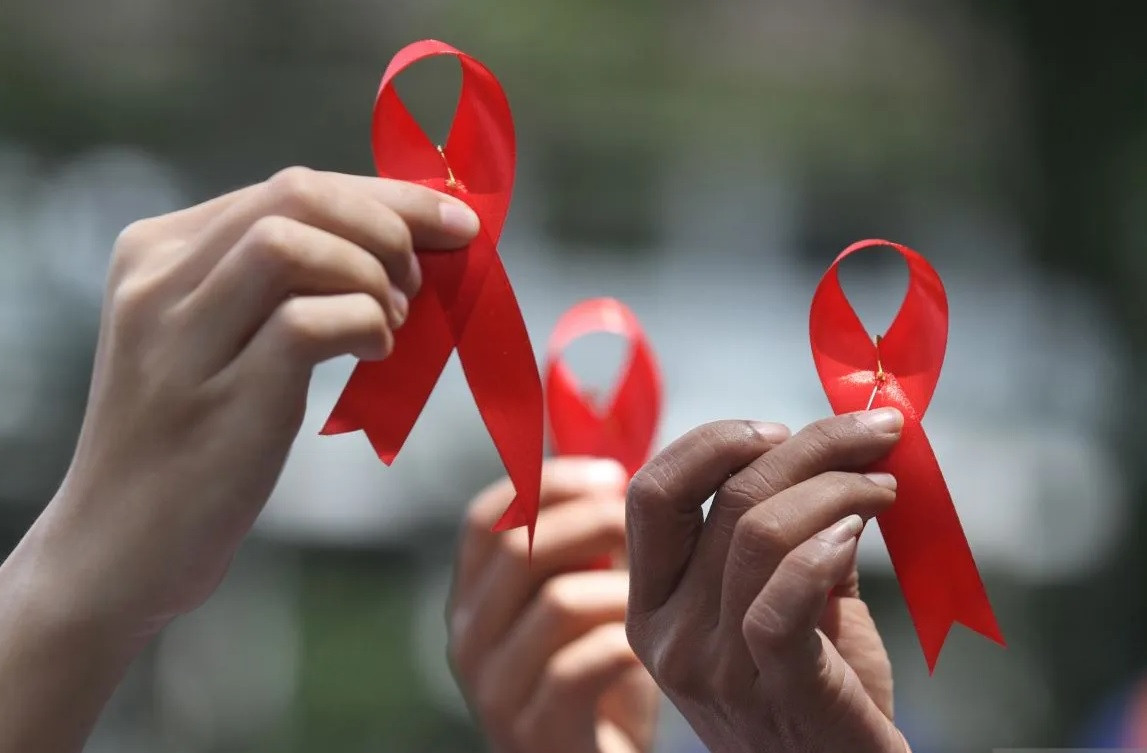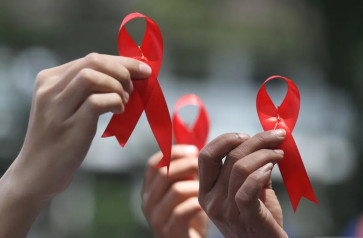Popular Reads
Top Results
Can't find what you're looking for?
View all search resultsPopular Reads
Top Results
Can't find what you're looking for?
View all search resultsStigma and discrimination still key challenges in fight against HIV
Rita Widiadana, a founding board member of APCAT Media, spoke with UNAIDS Indonesia director Krittayawan Boonto about the UN's new road map, The Path that Ends AIDS, and what Indonesia can do to meet the global goal of ending HIV/AIDS by 2030.
Change text size
Gift Premium Articles
to Anyone
D
uring the 78th United Nations General Assembly (UNGA) last week, world governments, UN bodies and civil society organizations pledged to end HIV/AIDS by 2030, as in the new road map The Path that Ends AIDS. Indonesia is among the countries that face several daunting challenges in meeting this target. To learn more about Indonesia’s HIV response, Rita Widiadana, a founding board member of the Asia Pacific Media Alliance for Health and Development (APCAT Media), spoke with UNAIDS Indonesia director Krittayawan Boonto. Following is an excerpt from their interview.
Question: How do you view Indonesia’s response to HIV/AIDS in the last few years toward achieving the national and global targets to end this epidemic by 2030?
Answer: Indonesia, with 540,000 people living with HIV, has made great progress in expanding prevention, testing and treatment programs over the last decade. To target underrepresented communities and key impacted groups, several programs, awareness campaigns and community engagement activities have been developed.
Despite these attempts, difficulties remain. Concerns continue about stigma and discrimination against people living with HIV [PLHIV], limited access to health care in particular places and reaching out to hidden groups.
Overall, I feel that the joint efforts of the government, UNAIDS, other UN entities, the corporate sector and CSOs have been crucial in advancing the HIV and AIDS response in Indonesia, but more work needs to be done to meet the 2030 objective of ending the epidemic.
Recent data shows that Indonesia will likely fail to achieve the goal. What do you think?
Facing new data, Indonesia’s challenge in reaching the 95-95-95 HIV goal is evident: only 79 percent were aware of their status, 33 percent were on treatment and 6 percent had suppressed viral loads in 2022. With 24,000 new infections and 26,000 AIDS-related deaths in 2022, urgent action is needed to improve outcomes.



















